Waste & material traceability solution for sustainable facilities
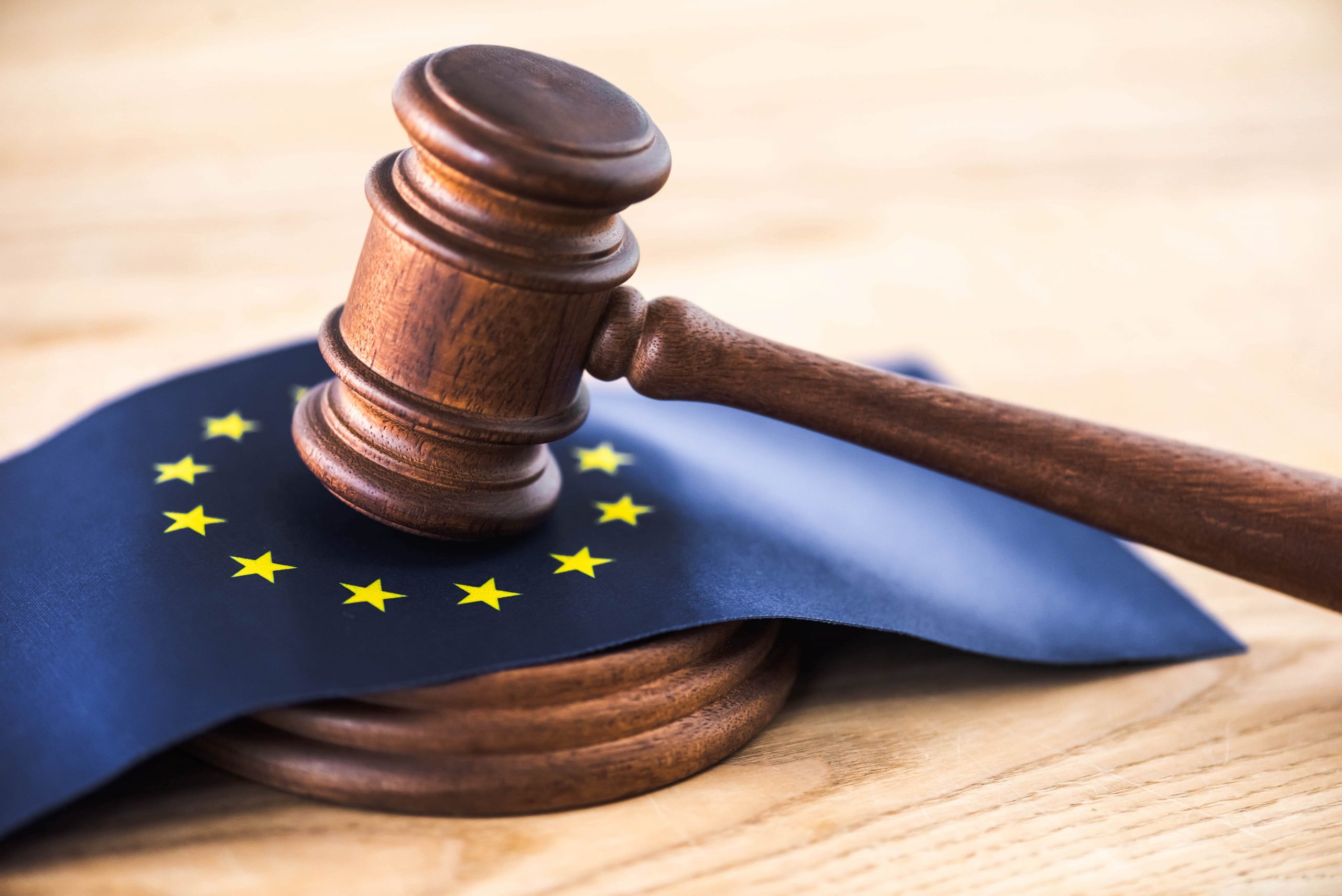
The objective of the EU Green Deal is sustainable economic transformation. As part of its 2030 and 2050 climate targets, the European Union (EU) aims to become climate neutral. Therefore, implementing a clean and circular economy is one of the primary goals.
The European Green Deal requires businesses and supply chains to be more sustainable. This will have an impact on imports to Europe in the following ways:
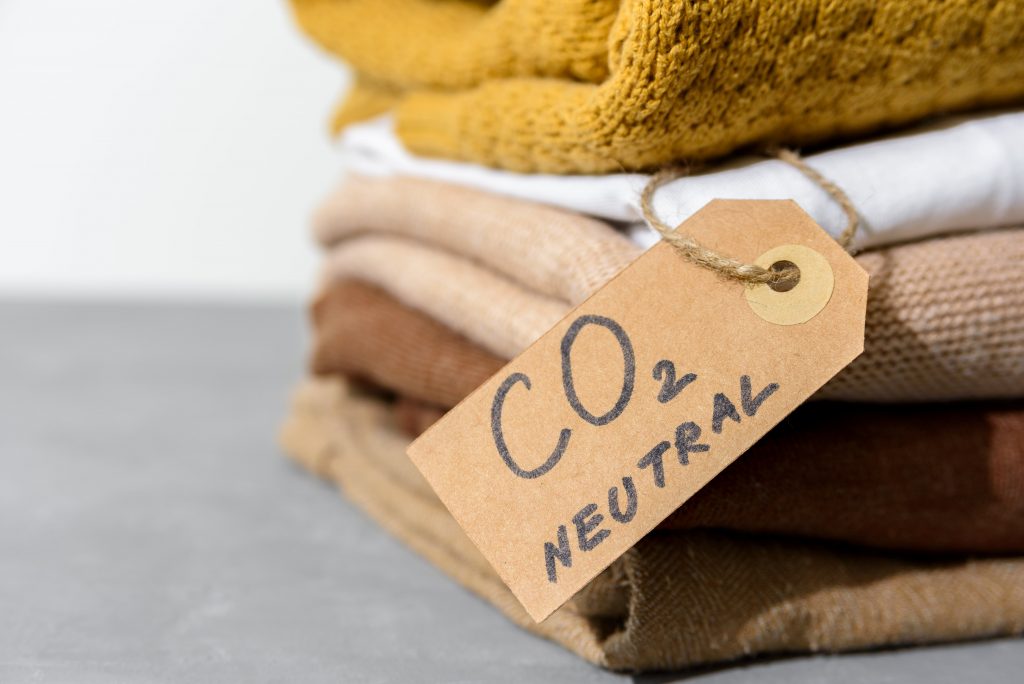
EU waste policy focuses on reducing waste generation. Also, it is necessary to transform waste into reusable, high-quality materials. One of the key aspects of this policy is to coordinate waste collection systems across Europe and tighten existing waste management regulations.
The Circular Economy Action Plan (CEAP), a major component of the EU Green Deal, highlights the importance of reusing, recycling, and producing products in a circular economy to reduce reliance on natural resources. A variety of materials and commodities are targeted with these initiatives, including packaging, technology, and textiles.
EU waste policy encourages extracting high-quality resources from waste as much as possible to achieve a circular economy. Furthermore, the European Green Deal promotes growth by moving towards a modernized, resource-efficient, and competitive economy. The EU waste management policy wants your business to reach the following objectives:
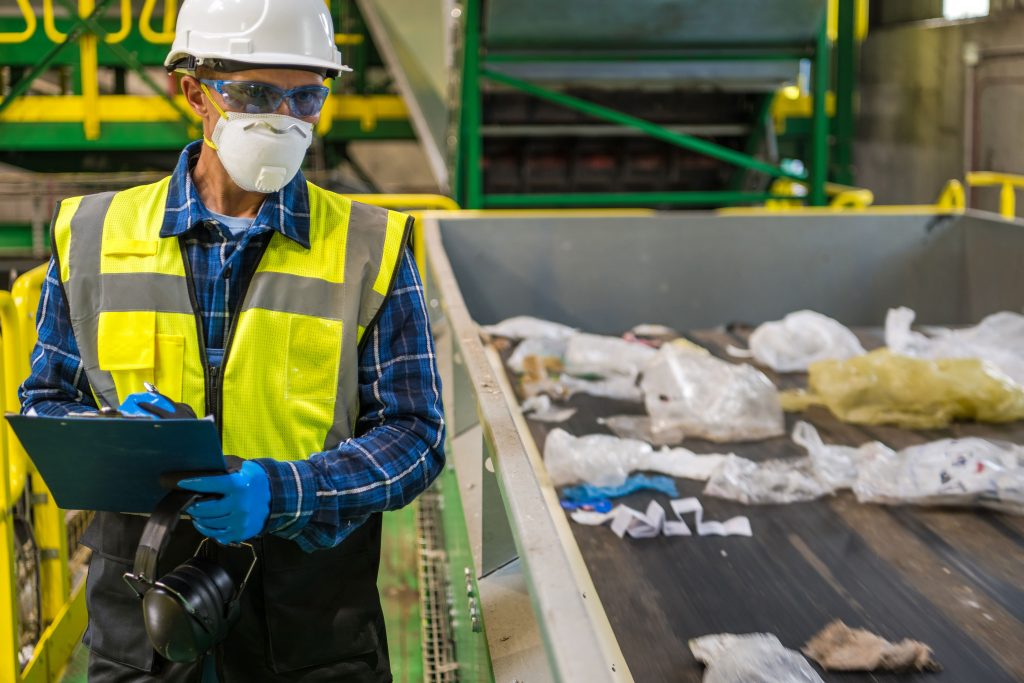
There has been a 23 percent reduction in greenhouse gas emissions in the EU between 1990 and 2018. By 2050, the EU Green Deal intends to achieve climate neutrality. All 27 EU member states have committed to making the European Union the first climate-neutral continent. They committed to reducing emissions by at least 55% by 2030, compared to 1990.
Industrial emissions account for 20 percent of EU greenhouse gas emissions. Thus, the EU Green Deal includes measures to enhance the decarbonization process from product sustainability to raw materials supply. The CEAP presents initiatives that aim to extend the life cycle of a product in the hope of reducing the pressure on natural resources in the future. It includes a Sustainable Products Policy that improves the reusability, reparability and recycling of products.
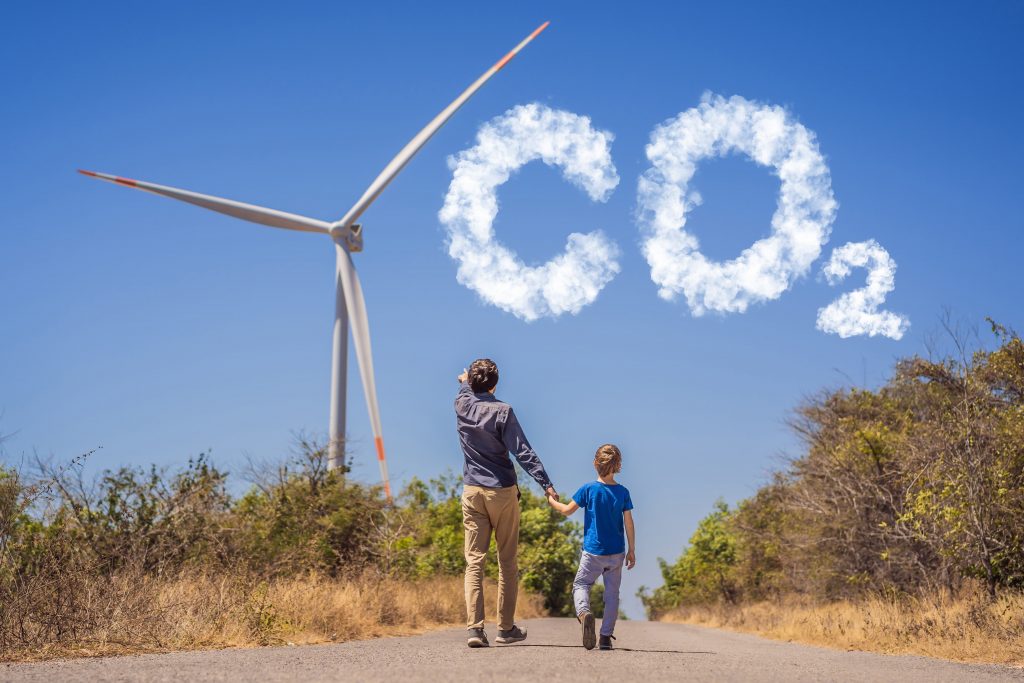
It’s crystal clear that companies doing business with the EU have no choice but reach higher sustainability standards. As previously mentioned, proper waste management is essential for a greener future. Therefore, innovation in waste and material management in facilities is now a priority while working towards sustainability and emission goals.
Sometimes innovation sounds like high costs and hard effort, but this is not a fact about waste management. Today, technology enables companies to easily achieve excellence in waste and material operations in facilities. There are several qualities critical to have for reaching higher sustainability standards enforced by the European Union:
Your company needs a waste and material management structure that goes along the European Green Deal roadmap. You should develop an operations management plan and increase your capability of collecting data at each stage. American economist Robert J. Shiller says “Some of the best theorizing comes after collecting data because then you become aware of another reality”. Data will provide a new perspective and lead to a remarkable improvement.
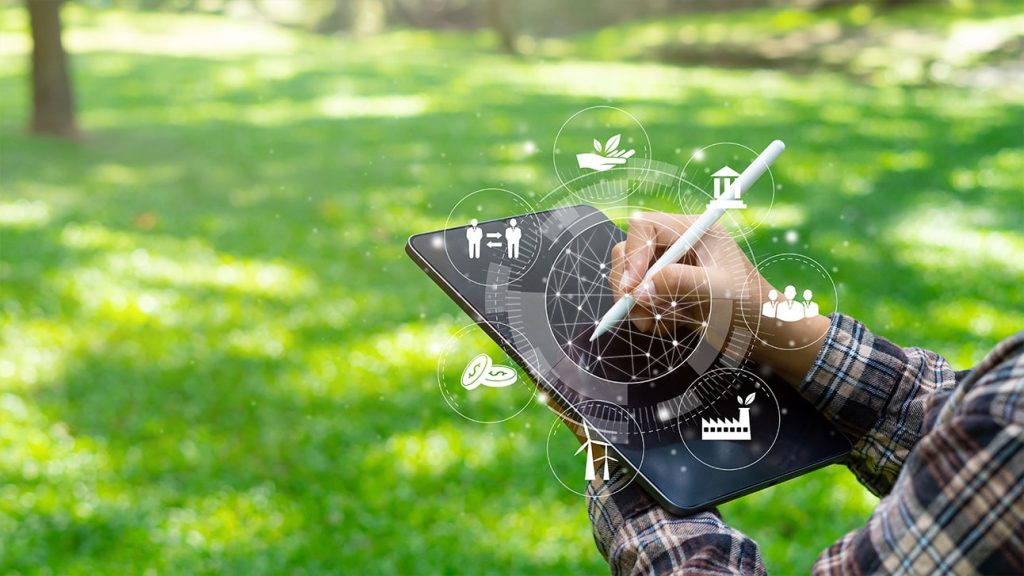
Evreka is a fellow traveller that carefully considers everything your business needs for better waste management. Our innovative approach to the circular economy focuses on each detail and improves the entire process.
Evreka Waste Dashboard, specially designed for manufacturing and logistics facilities, digitizes the waste and resource management process in facilities so that your company can comply with EU waste management policy. Here are some of the benefits we provide:
Waste Dashboard is a solution ahead of your time and aims to revolutionize the future of your company. It’s time to achieve your sustainability goals and EU Green Deal targets!
Request DemoWe ensure the most efficient and sustainable waste and material management in your facility. Contact us now to invest in the future of your company.